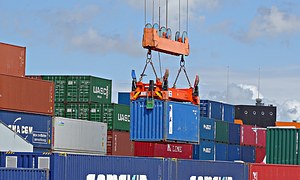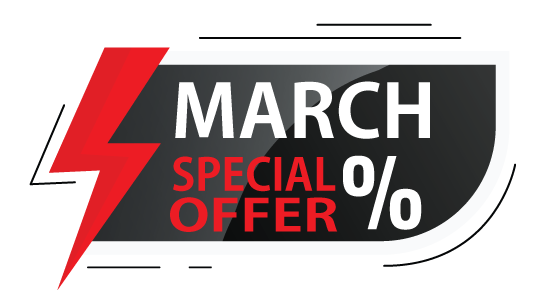Liechtenstein is one of the most attractive countries in Europe because of its developed financial industry. Its economy relies on the import of most basic products, among which energy and chemical products used for manufacturing purposes. The Principality has a common customs union with Switzerland and it is also part of the European Economic Area (EEA) which facilitates imports and exports.
Our company registration agents in Liechtenstein can assist foreign investors who want to establish a trading company in this country.
Import and export statistics in Liechtenstein
As seen above, Liechtenstein imports most of the products used for day-to-day living. The latest 2016 surveys show Liechtenstein imports in large quantities the following products:
- – equipment and machinery;
- – metal products;
- – chemicals;
- – vehicles and spare parts.
When it comes to exports, Liechtenstein exports:
- – foodstuff and beverages;
- – processed chemicals;
- – machinery.
Companies in Liechtenstein have import and export partners in Germany, Austria, the United States, Spain, the United Kingdom, China, Finland and Sweden. It is also important to know that Liechtenstein has several treaties in place which provide for access to important markets and which offer facilities in terms of imports and exports.
Our company formation consultants in Liechtenstein can offer more information on the advantages provided by these agreements.
Import and export procedures in Liechtenstein
Due to the fact that the Principality is not an EU member state, the import and export procedures Liechtenstein companies must comply with are different. Companies importing and exporting products into, respectively from Liechtenstein, must fulfill several labeling regulations. The products must be accompanied by documents showing their provenience, such as invoices and shipping documents. Also, companies involved in trading activities must register for VAT in Liechtenstein. The VAT number will also serve as an EORI number for companies trading with companies in EU countries.
Recently, the Liechtenstein government has started several support programs for small and medium-sized enterprises involved in trading activities. Among these are free advice from experts working with state authorities and export and innovation cheques.
You can also watch our video on imports and exports in Liechtenstein:
Customs regulations in Liechtenstein
Even if most of the products imported or exported by Liechtenstein companies, there are also exceptions and special rules imposed by the Customs Authority. Among these are:
- – restrictions when importing certain products, such as tobacco, alcohol and personal belongings;
- – restrictions related to the import of firearms and luxury goods;
- – restrictions related to importing of animals and plants.
With respects to exports, animals and plants must be accompanied by certain documents.
Liechtenstein’s trade agreements
As mentioned above, Liechtenstein is not an EU member state, however it is part of the European Economic Area which has trade agreements with the EU. Also, Liechtenstein has its own free trade agreements with countries all over the world which provide for simplified import/export procedures for certain products. These free trade agreements do not cover only import and exports in and out of Liechtenstein, but also the free movement of individuals, capital and services. Liechtenstein is also a member of the European Free Trade Association (EFTA).
If you need more information on how to register for taxation in order to trade in Liechtenstein, please feel free to contact us. Our company incorporation representatives in Liechtenstein can also help you register your company for VAT.


